Program
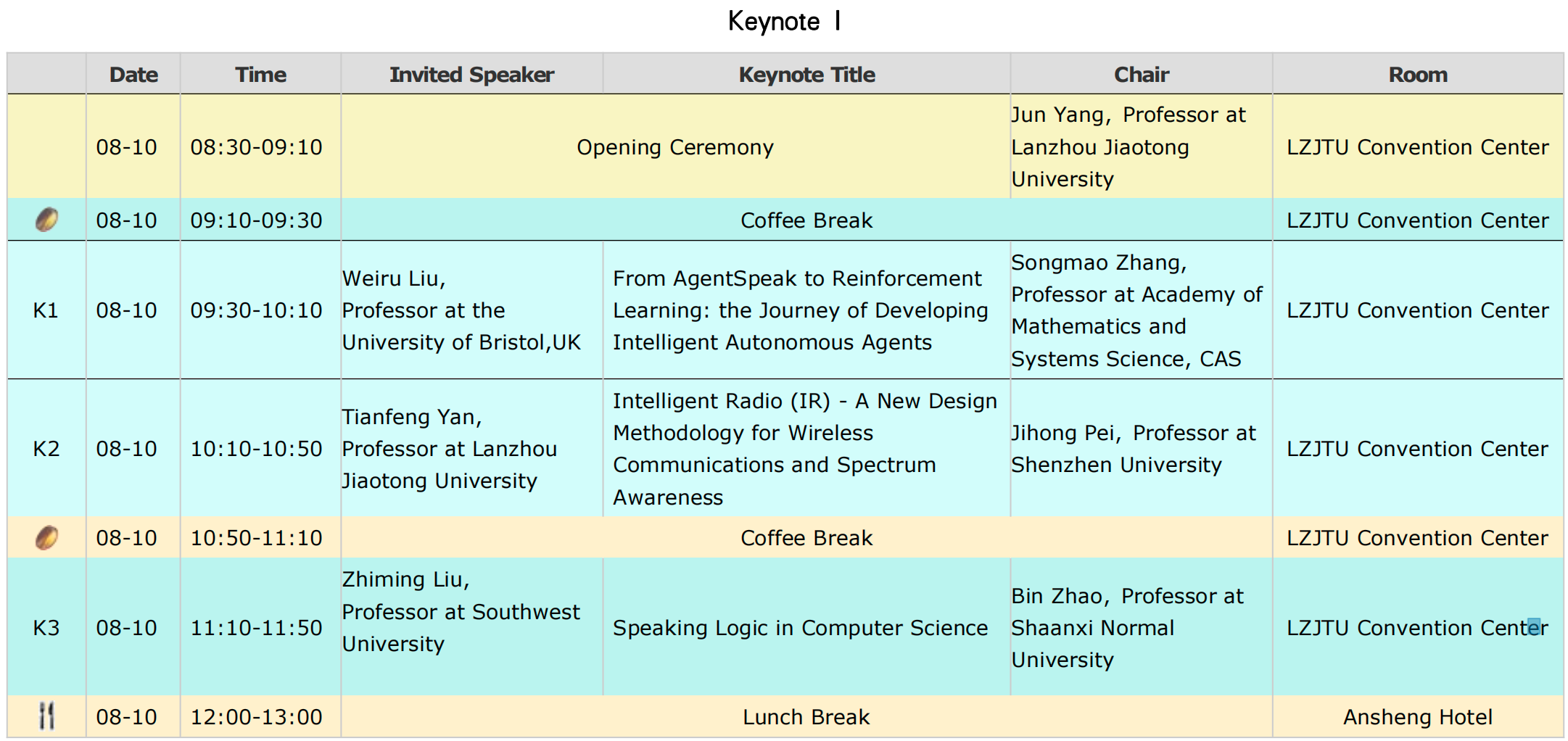



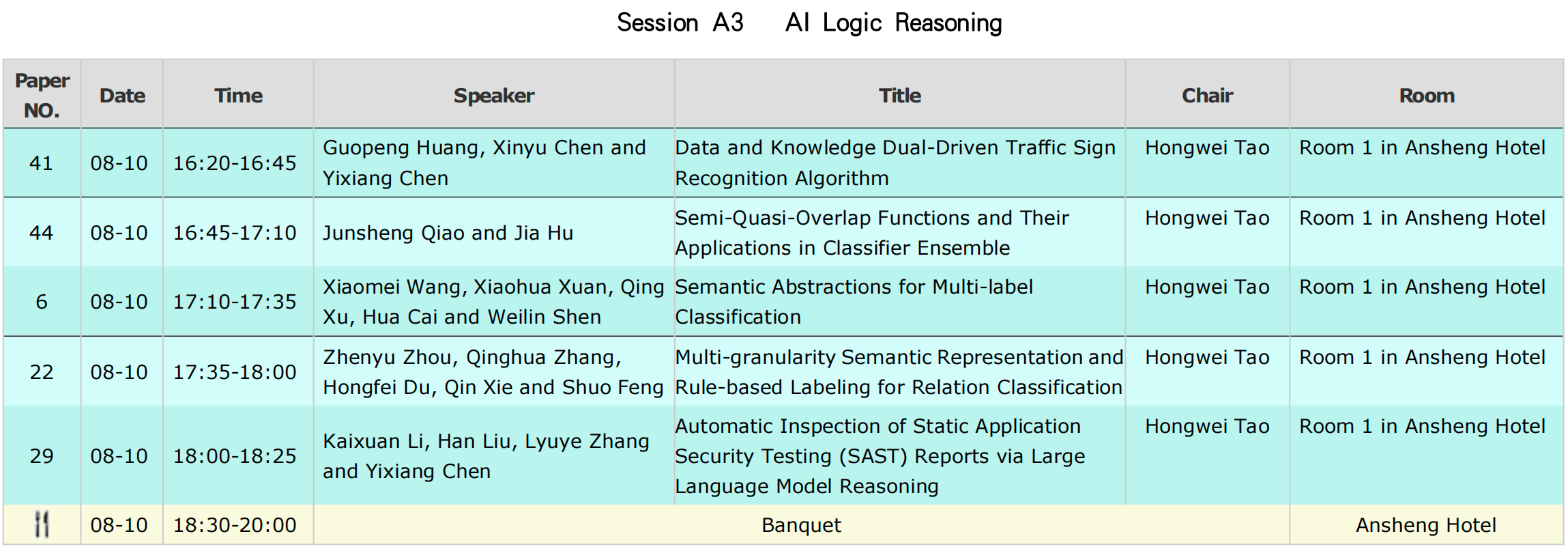
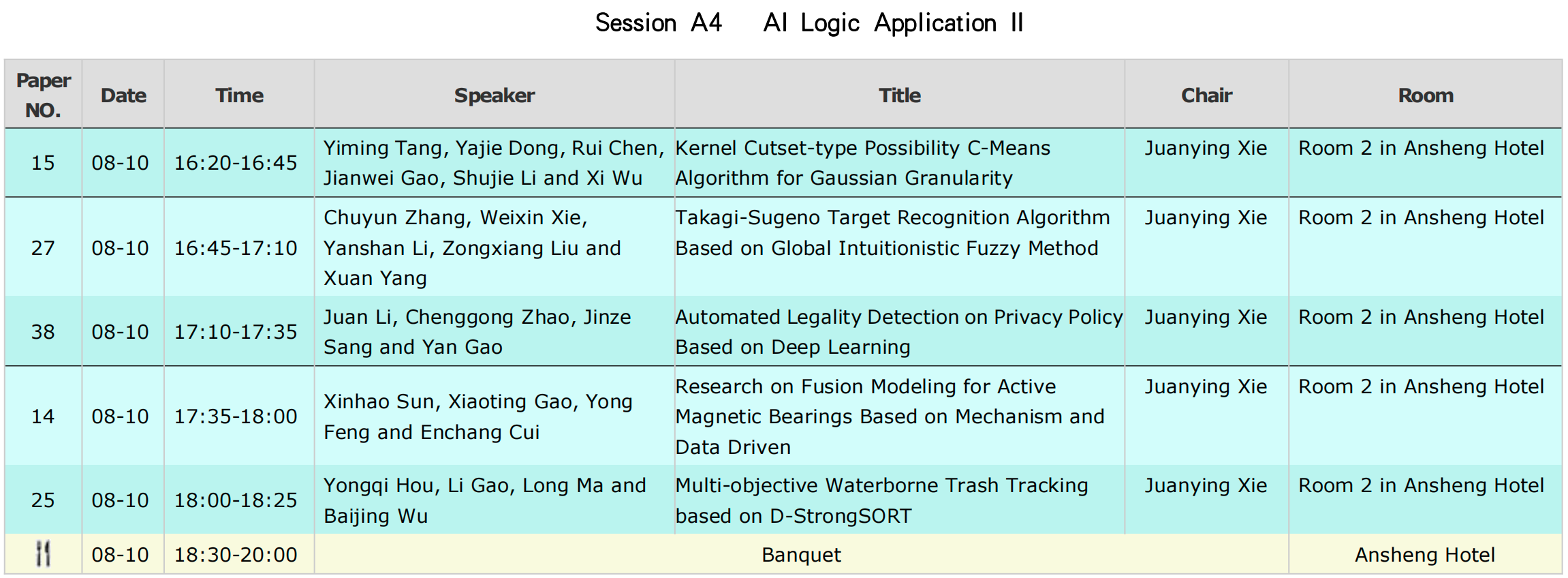

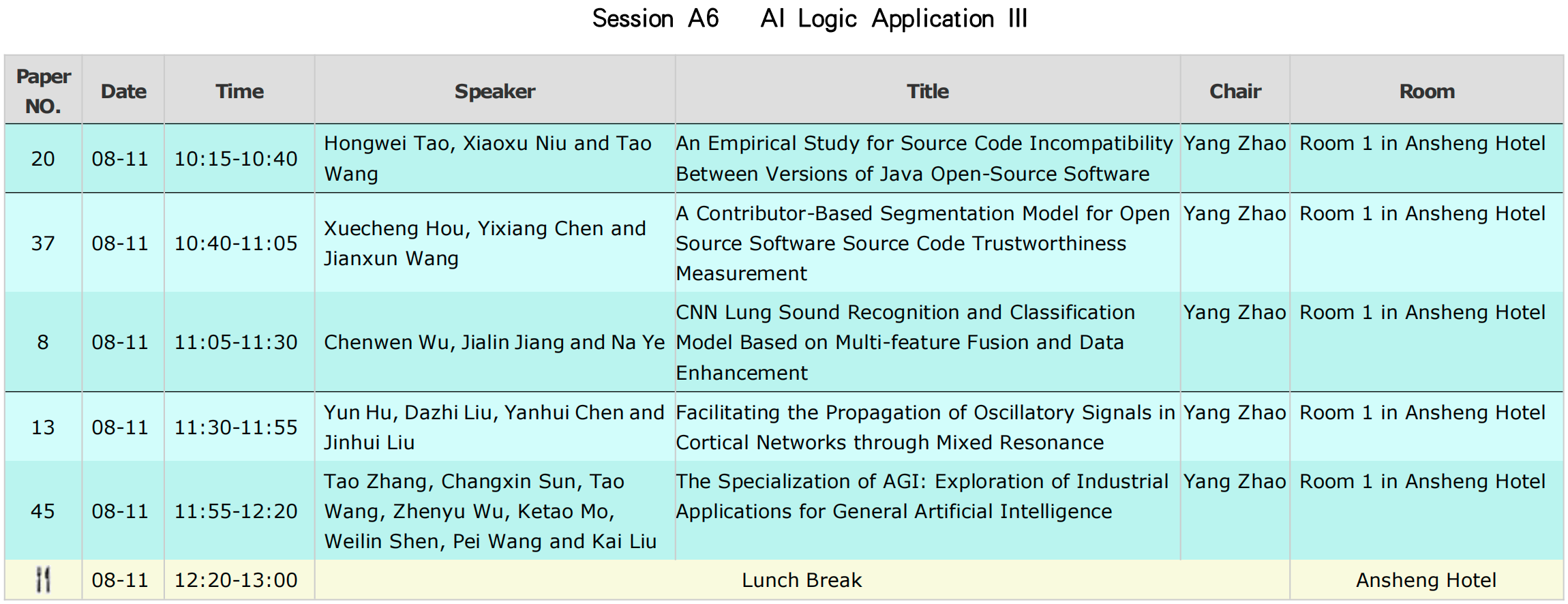
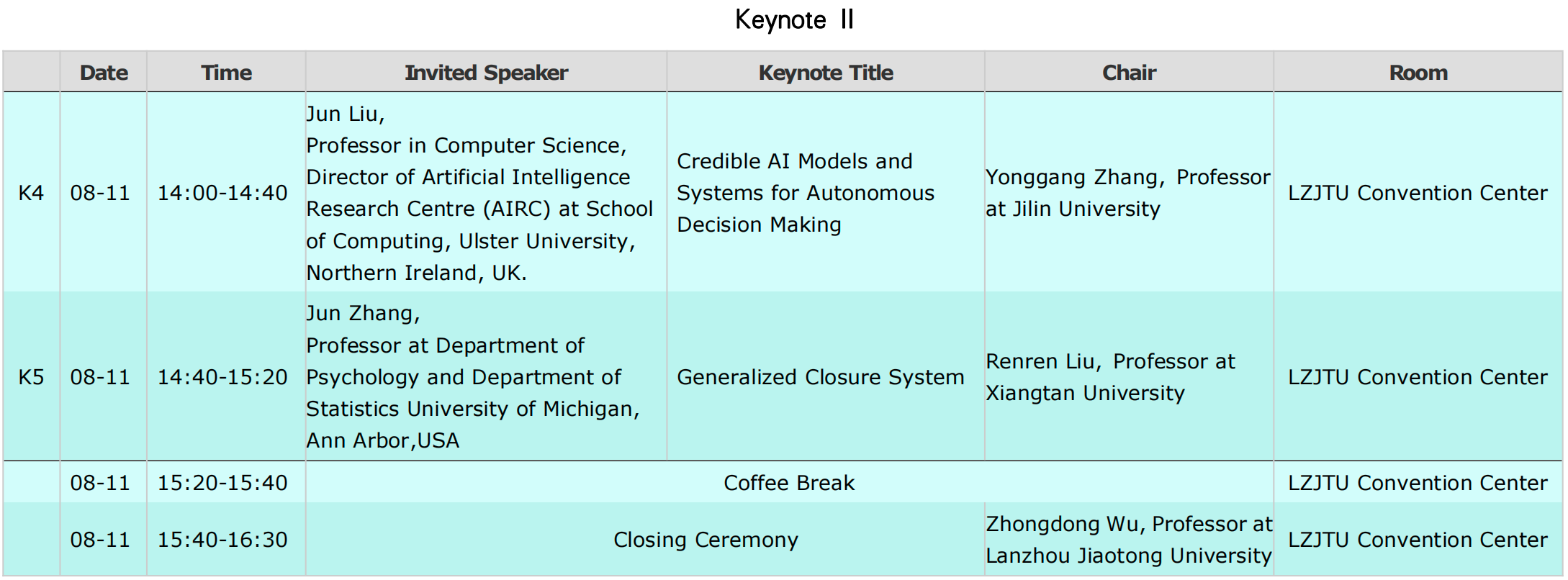


August 10-11, 2024, Lanzhou, China
The 2024 International Conference on Artificial Intelligence Logic and Applications (AILA 2024) is the fourth in a series of conferences dedicated to logical formalisms and approaches to artificial intelligence (AI). The conference will be held in Lanzhou in Gansu Province of China during August 10-11, 2024, hosted by the Chinese Association for Artificial Intelligence (CAAI) and organized by the Lanzhou Jiaotong University. All papers accepted will be included in the AILA 2024 proceedings that will be published by Springer and submitted for indexing by EI Compendex.
Full Paper Submissions Due: April 30, 2024
Acceptance Notification: July 01, 2022
Camera-ready paper submission Due: July 15, 2024











Logic has been a foundation stone for symbolic knowledge representation and reasoning ever since the beginning of AI research in the 1950s. Besides, AI applications often make use of logical approaches, including decision making, fraud detection, cybernetics, precision medicine, and many more. With the prevailing of machine learning and deep learning, combining logic-related structures is becoming a common view so as to take advantage of the diverse paradigms. This conference aims to provide an opportunity and forum for researchers to share and discuss about their novel ideas, original research achievements, and practical experiences in a broad range of artificial intelligence logic and applications. Topics include, but are certainly not limited to:

Title: From AgentSpeak to Reinforcement Learning: the Journey of Developing Intelligent Autonomous Agents
Weiru Liu
Professor at the University of Bristol

Title: Credible AI Models and Systems for Autonomous Decision Making
Jun Liu
Professor in Computer Science, Director of Artificial Intelligence Research Centre (AIRC) at School of Computing, Ulster University, Northern Ireland, UK.

Title: Speaking Logic in Computer Science
Zhiming Liu
Professor at Southwest University

Title: Intelligent Radio (IR) - A New Design Methodology for Wireless Communications and Spectrum Awareness
Tianfeng Yan
Professor at Lanzhou Jiaotong University

Title: Generalized Closure System
Jun Zhang
Professor at Department of Psychology and Department of Statistics
University of Michigan, Ann Arbor
| Full registeration as a non-member20 July, 2024 | Full registeration as a member20 July, 2024 | Registration as student20 July, 2024 | |
| Price | 2,200.00(CNY) | 1,870.00(CNY) | 1,100.00(CNY) |
|---|
| 单位名称: | 中国人工智能学会 |
| 开户银行: | 中国工商银行北京新街口支行 |
| 账号: | 0200002909200166203 |
| 行号: | 102100000290 |
| 转账请务必备注: | AILA2024+姓名+论文ID号 |
Submission webpage: EasyChair.
Papers must be clearly presented in English and not exceed 15 pages in one-column style. Paper submission should follow the format requirement of Springer described at: ( conference-proceedings-guidelines.) Importantly, as required by Springer, the Crossref Similarity Check score should be lower than 30% when using the software iThenticate for plagiarism detection.
All accepted papers will be published by Springer in the Communications in Computer and Information Science (CCIS) series and will be indexed by El Compendex.
Distinguished papers presented at the conference, after further revision, will be published in international journals indexed by SCI.
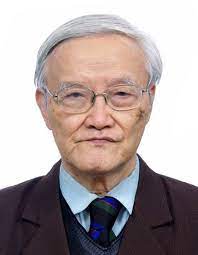




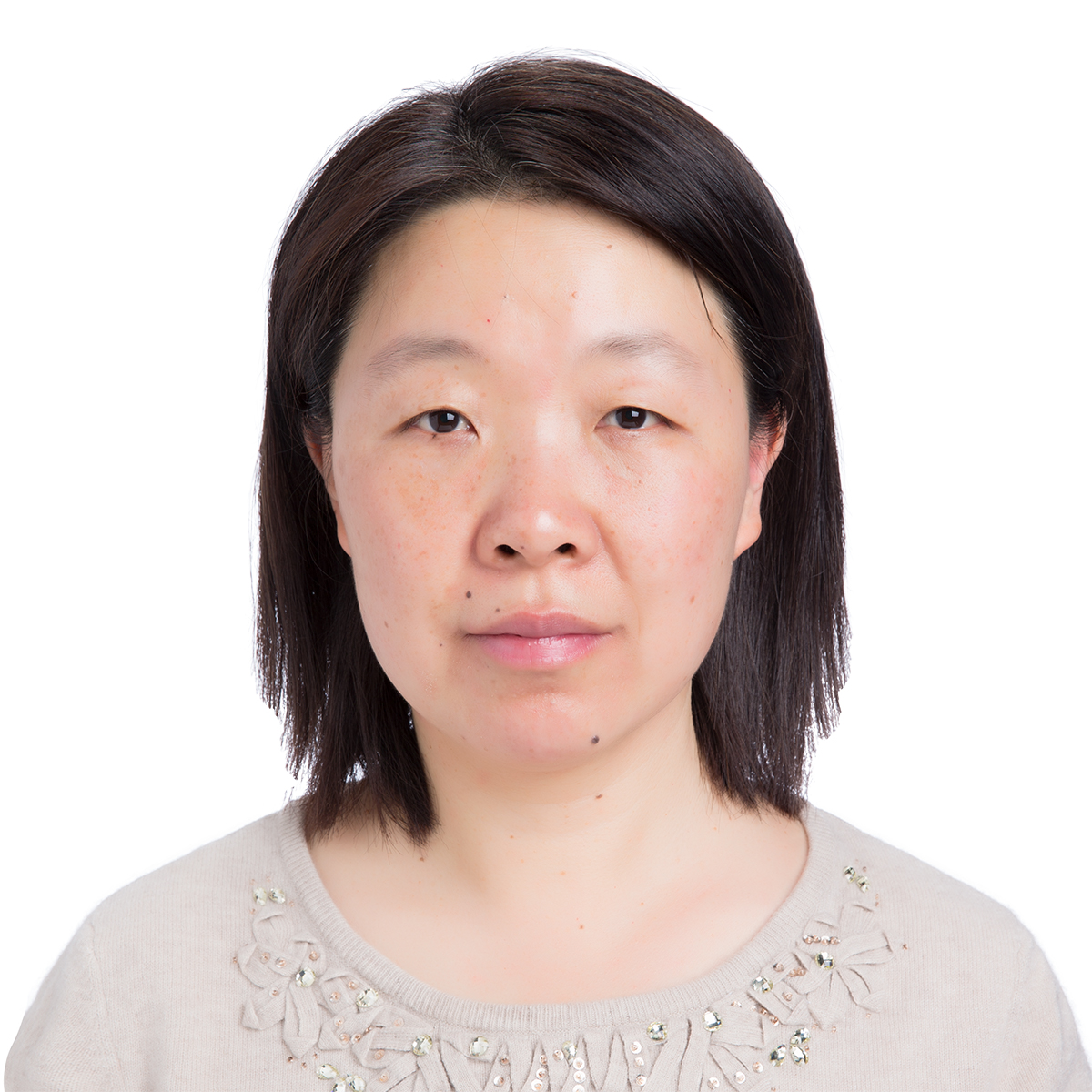

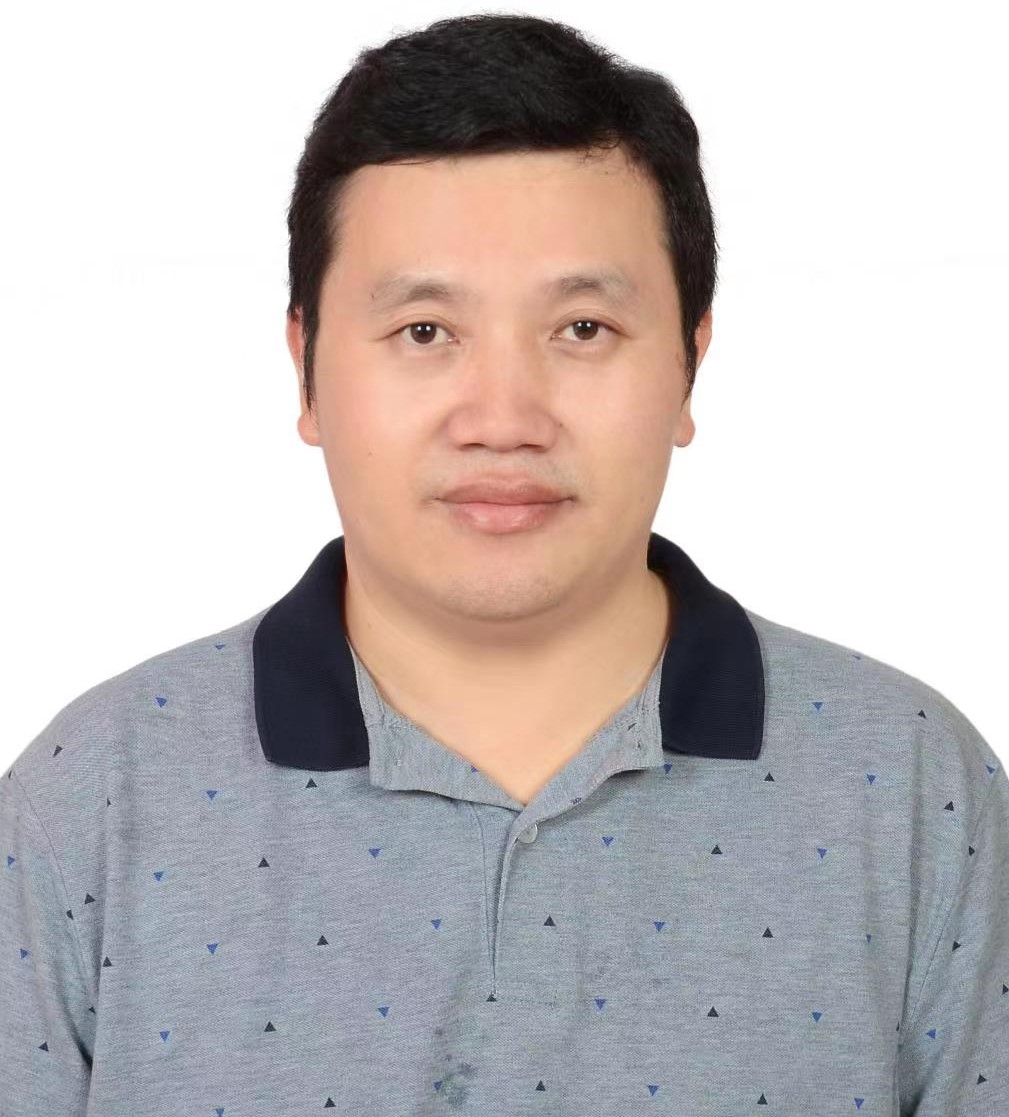
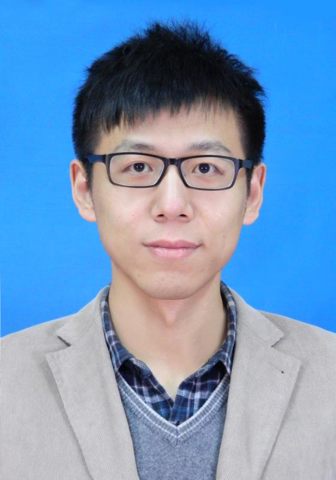
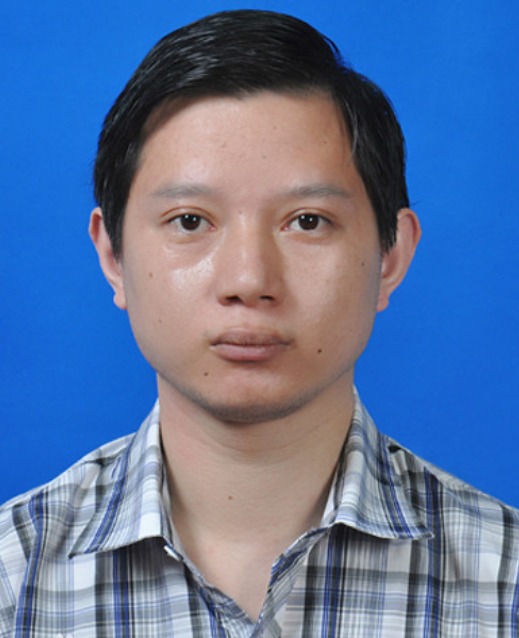
Michal Baczynski, Faculty of Science and Technology, University of Silesia in Katowice, Katowice 40-007, Poland
Cungen Cao, Institute of Computing Technology, Chinese Academy of Sciences, China
Shaowei Cai, State Key Laboratory of Computer Science, Institute of Software, Chinese Academy of Sciences
Yanhui Chen, College of Communication, Xi'an University of Electronic Technology, China
Shifei Ding, College of Computer Science, China University of Mining and Technology
Daqing Deng, Guangzhou City Institute of Technology, China
Jian Gao, College of Information Science and Technology, Northeast Normal University, China
Lluis Godo, PhD, Artificial Intelligence Research Institute, Bellaterra, Spain
Leandro Gomes, University of Lille, France
Xiaolong Jin, Institute of Computing Technology, Chinese Academy of Sciences, China
Fengkui Ju, Department of Philosophy, Beijing Normal University, China
Yong Lai, Jilin University, China
Ang Li, Changchun Institute of Optical Precision Instruments and Physics, Chinese Academy of Sciences
Fanzhang Li, Suzhou University, China
Jian Li, Jilin Agriculture University, China
Qin Li, College of Software Engineering, East China Normal University, China
Weizhuo Li, Nanjing University of Posts and Telecommunications, China
Yangyang Li, Academy of Mathematics and Systems Science, Chinese Academy of Sciences, China
Zhanshan Li, College of Computer Science and Technology, Jilin University, China
Beishui Liao, Institute of Logic and Cognition, Zhejiang University, China
Huawen Liu, Shandong University, China
Lin Liu, Tsinghua University, China
Renren Liu, Xiangtan University, China
Weiru Liu, University of Bristol, UK
Jun Liu, School of Computing, Faculty of Computing, Engineering and the Built Environment, Ulster University, UK
Alexandre Madeira, University of Aveiro, Portugal
Wenji Mao, Institute of Automation, Chinese Academy of Sciences, China
Luis Martinez, Computer Science Department, University of Jaén, Spain
Dantong Ouyang, College of Computer Science and Technology, Jilin University, China
Haiyu Pan, College of Computer and Information Security, Guilin University of Electronic Technology, China
Jihong Pei, Shenzhen University, China
Meikang Qiu, Texas A&M University Commerce, USA
Rosa Mª Rodríguez Domínguez, Computer Science Department, University of Jaén, Spain
Yun Shang, Academy of Mathematics and Systems Science, Chinese Academy of Sciences, China
Yanhong She, Xi'an Shiyou University, China
Joerg Siekmann, German Research Center for Artificial Intelligence (DFKI), Germany
Liang Sun, College of Software, Dalian University of Technology, China
Xianyong Tang, Sichuan University, Law College, China
Yiming Tang, Hefei University of Technology, China
Hongwei Tao, Zhengzhou University of Light Industry, China
Constantine Tsinakis, Department of Mathematics, Vanderbilt University, Nashville, TN, USA
Hui Wang, School of Electronics, Electrical Engineering and Computer Science, Queen's University Belfast, UK
Zhu Wang, Sichuan University Law College
Bin Wei, Zhejiang University, China
Hengyang Wu, School of Computer and Information Engineering, Shanghai Polytechnic University, China
Maonian Wu, Huzhou University, China
Zhongdong Wu, Lanzhou Jiaotong University, China
Juanying Xie, Shaanxi Normal University, China
Yun Xie, Institute of Logic and Cognition, Sun Yat sen University, China
Minghui Xiong, Zhejiang University, China
Youjun Xu, College of Computer Science and Information Technology, Daqing Normal University, China
Yuxin Ye, College of Computer Science and Technology, Jilin University, China
Changsheng Zhang, College of Software, Northeast University, China
Guangjun Zhang, Southwest University of Political Science and Law, China
Jian Zhang, State Key Laboratory of Computer Science, Institute of Software, Chinese Academy of Sciences
Min Zhang, East China Normal University, China
Qinghua Zhang, Chongqing University of Posts and Telecommunications, China
Yong Zhang, Shenzhen University, China
Yuanrui Zhang, Southwest University, China
Bin Zhao, Shaanxi Normal University, China
Jian Zhao, College of Computer Science and Technology, Changchun University, China
Yang Zhao, Shenzhen University, China
Hongjun Zhou, Shaanxi Normal University, China
Li Zou, Shandong Jianzhu University, China